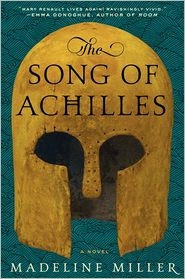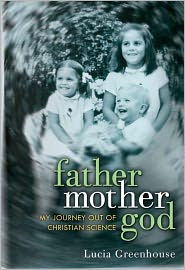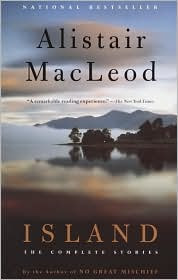
Her entry begins:
On a recent flight from Atlanta to Los Angeles I had the pleasure of reading The Crime Writer by Gregg Hurwitz. It’s the best book I’ve come across in a long time. Aside from the excellent pacing and characters, it evoked everything I love about The City of Angels. The atmosphere of tarnished glamour and unexpected violence is skillfully rendered. This is Los Angeles as Ross MacDonald or Raymond Chandler might portray it, were they writing today.Among the early praise for Hot, Shot, and Bothered:
The main character is a thriller-writer who’s been convicted of murdering his former fiancée. With no memory of the crime, and released after earning a verdict of temporary insanity, he begins...[read on]
Learn more about the book and author at Nora McFarland's website.“Fun, funny, tautly suspenseful, and very smart. Lilly Hawkins is irresistible. I couldn’t put it down.”
—Spencer Quinn, New York Times bestselling author of Dog on It
“Lilly Hawkins is a terrific protagonist—a straight shooter with her heart in the right place. You’ll root for her from the very beginning of the feisty new mystery.”
—April Smith, author of the FBI Special Agent Ana Grey novels
“Lilly Hawkins, a "shooter" (news photographer) for KJAY-TV in Bakersfield, Calif., shows her mettle in McFarland's gritty, entertaining sequel to 2010's A Bad Day's Work....Readers will look forward to seeing a lot more of the gutsy, stubborn Lilly.”
—Publishers Weekly
My Book, The Movie: Nora McFarland's A Bad Day's Work.
Writers Read: Nora McFarland.
--Marshal Zeringue







































